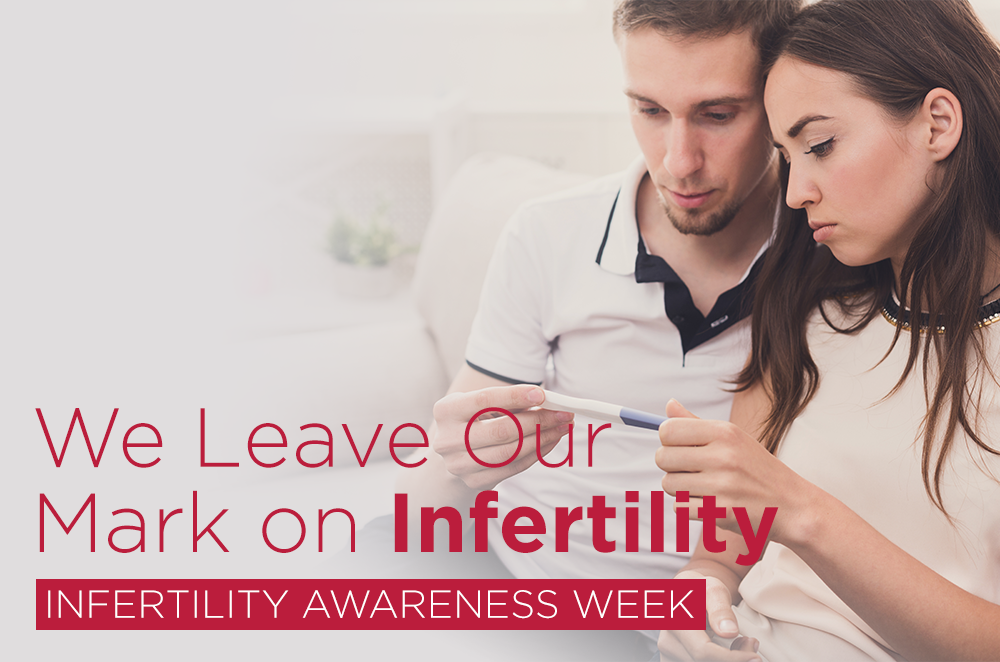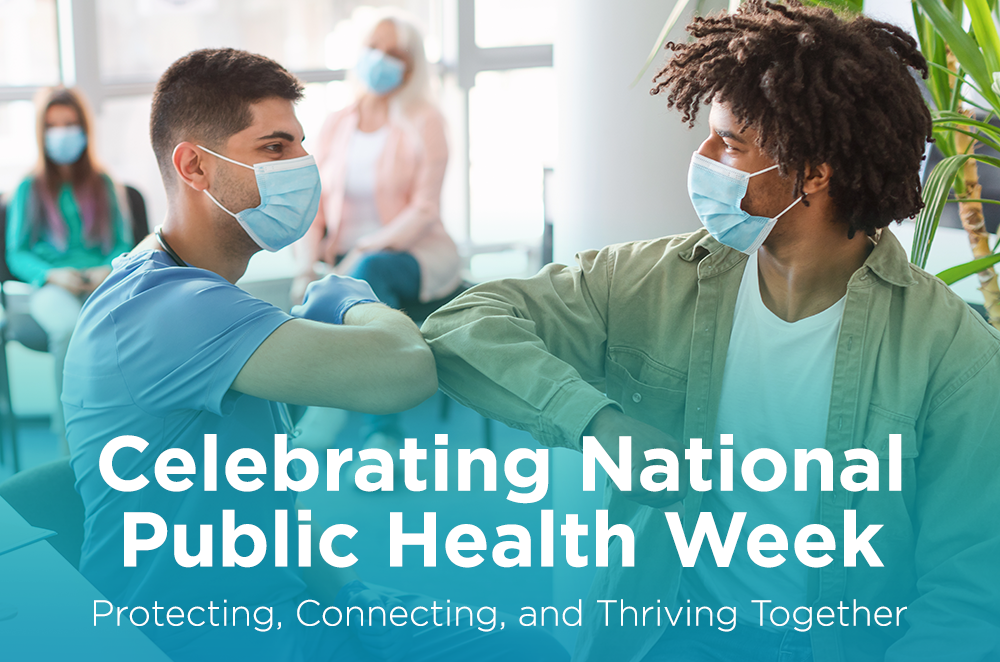
by Comanche County Memorial Hospital | Apr 23, 2024 | CCMH Community, Community Health, Women's Health
This week, April 21st through 27th is National Infertility Awareness Week (NIAW). It is a time of year when trying to conceive and fertility support is at the forefront. NIAW goes beyond a mere awareness campaign. It is a process of creating awareness, tearing down...

by Comanche County Memorial Hospital | Apr 16, 2024 | CCMH Community, Community Health, Healthy Living
April is National Stress Awareness Month, and Comanche County Memorial Hospital is committed to promoting the importance of mental and emotional well-being for our staff, patients, and the community. Stress is a natural part of life, but when it becomes chronic, it...

by Comanche County Memorial Hospital | Apr 9, 2024 | CCMH Community, Community Health, Healthy Living, Men's Health, Women's Health
April marks National Minority Health Month, a time dedicated to raising awareness about the health disparities faced by racial and ethnic minority communities in the United States. This observance serves as a reminder of the pressing need to address these inequalities...

by Comanche County Memorial Hospital | Apr 2, 2024 | CCMH Community, Community Health, Healthy Living
As April kicks off, it’s time to shine a spotlight on something pretty important: public health. From April 1st to April 7th, we’re celebrating National Public Health Week. It’s our chance to give a big shout-out to all the folks – the professionals,...

by Comanche County Memorial Hospital | Mar 26, 2024 | CCMH Community, Community Health, Healthy Living, Men's Health, Women's Health
In recent years, the ketogenic (keto) diet has gained a lot of popularity as a powerful tool for weight loss and improving overall health. The keto lifestyle, based on cutting carbs and adding healthy fats, provides numerous benefits beyond weight loss alone....

by Comanche County Memorial Hospital | Mar 20, 2024 | CCMH Community, Community Health, Healthy Living
Feeling like you’re running on empty more often than not? It happens to the best of us. While reaching for a cup of coffee or an energy drink might provide a temporary boost, relying solely on caffeine isn’t always the best solution. So, before you reach...







